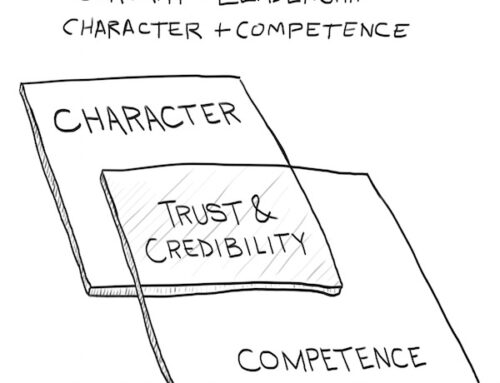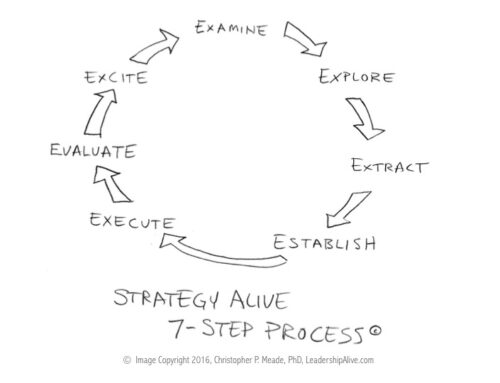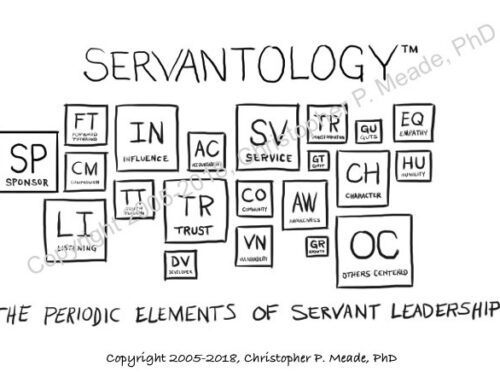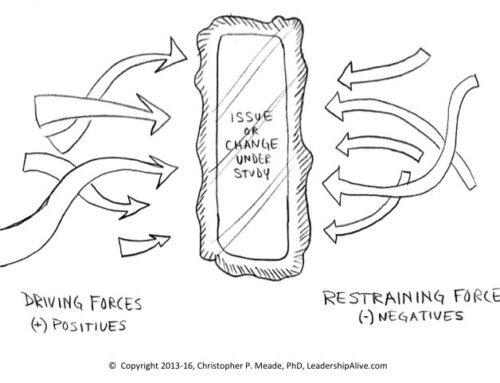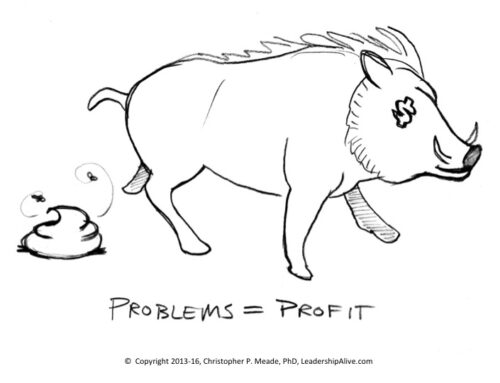Becoming A Voracious Learner
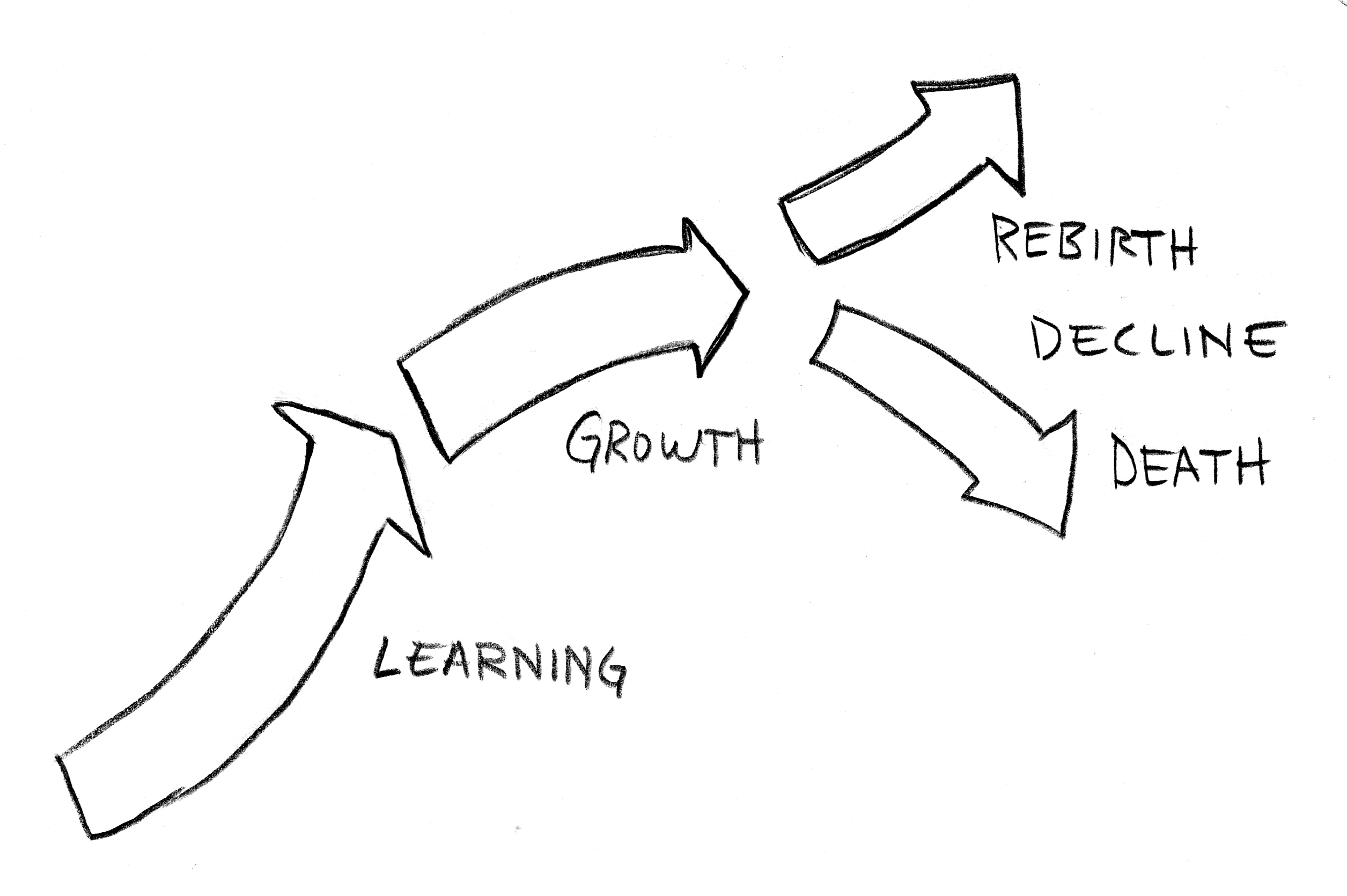
Increasing Capacity
I love the saying, “God’s gift to us in our potential, and what we do with our potential is our gift back to Him.” Fruitful lives are built as we discover, develop, and deploy our gifts, talents, and vocations (which in Latin means “calling”). One of the hallmark qualities of They desire to grow personally, expand professionally, and deepen spiritually. Wise men and women know that to do this they must be constantly growing and open to receiving instruction from a plethora of inputs. The wiser they become, the more they want to learn. Voracious learning is one of the ingredients found within the hearts of people who are Financially Alive.
Growth is Normal
When we were kids growing up in Arizona, my dad would periodically measure our heights on the inside frame of the kitchen doorway. Every year, with our backs up against the wall, he would take a pencil and make hash marks above our heads measuring our current height. Each of us hoped we had grown an inch or two. Over time, this collection of family hash marks served as a kind of family growth chart. It displayed names, dates, and various height increases throughout our elementary age years. I carried this same tradition over with my kids. Pencil-lined hash marks, names, dates, and incremental height increases filled our kitchen pantry doorjamb as well. Just for fun, I would always measure myself, too. One day, my youngest daughter, Allison, told me that she was confused why I wasn’t getting any taller. My hash marks just kept getting darker and darker and not growing anymore when compared to her explosive, upward rate. She asked me, “Daddy, why do big people stop growing?” “That’s a good question,” I said to her. And it’s a question I want to explore with you. Why do some people stop growing? I think it’s because, in part, they stop learning. Learning is part of growing. To be growing is to be learning. And learning and growing is at the heart of a voracious learner.
Always Increasing
Wise people are always improving. They live the Kaizen way. Kaizen is a Japanese philosophy that focuses on continuous improvement throughout all aspects of life. It’s made up of two words, kai and zen. Kai is translated “to change,” while zen means “to make better.” As the two words are combined, we arrive at the widely accepted translation, which is “make a change for the better.”
Toyota Motor Corporation is known for being one of the great companies of the 20th century that embodied the Kaizen process. Credit is also given to Dr. William Edward Deming (1900-1993) for helping contribute to cultivating a renewed national work ethic and culture of “process improvement” that became the basis of the Kaizen revolution in Japan in the 1950s.
The Japanese economy was in disarray after World War II. Dr. Deming told their leaders that in five to 10 years, their economy would turn around if they began to apply these principles. He went on to say that in 30 years they would be a global economic power. One of the challenges that Deming faced in the beginning was that many of the Japanese embraced this new notion of “critical reflection” as failure, rather than improvement. Deming said that once they began to understand the benefits of things like “team debriefing” and “reflective evaluating” in light of this new process, the Japanese economy would explode.
Always Improving
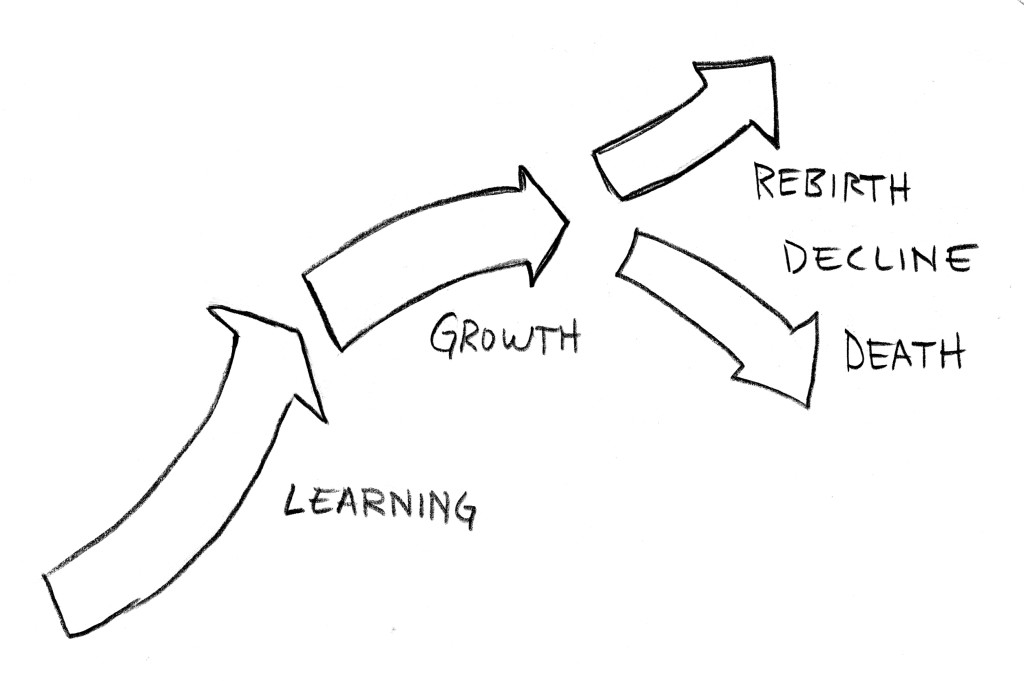
Copyright 2015, Christopher P Meade, Financially Alive, Sigmoid Curve
Continuous improvement is more than a process for manufacturing, technology, and architecting organizational culture. It should be something that describes our life as learners. In our life and work, we should all be constantly improving––improving in how we solve problems, excelling in the quality of our relationships, increasing in our ability to steward limited financial resources, upgrading our understanding of technology, enhancing the quality of our work teams, enlarging our hearts for the less fortunate, excelling in people skills and business acumen, taking better care of our planet, owning more responsibility for the welfare of our communities, and deepening the quality of our character.
I love the saying, “The eye cannot see itself.” Therefore, we must learn, as it were, to install “mirrors” in our lives, so we can see the unseen and measure progress and success more accurately. Vision is always tethered to how well we can or cannot see. Let me be one of those “mirrors” and ask you to honestly evaluate your life and your learning. We have to know where we are in order to know where we want to go.

